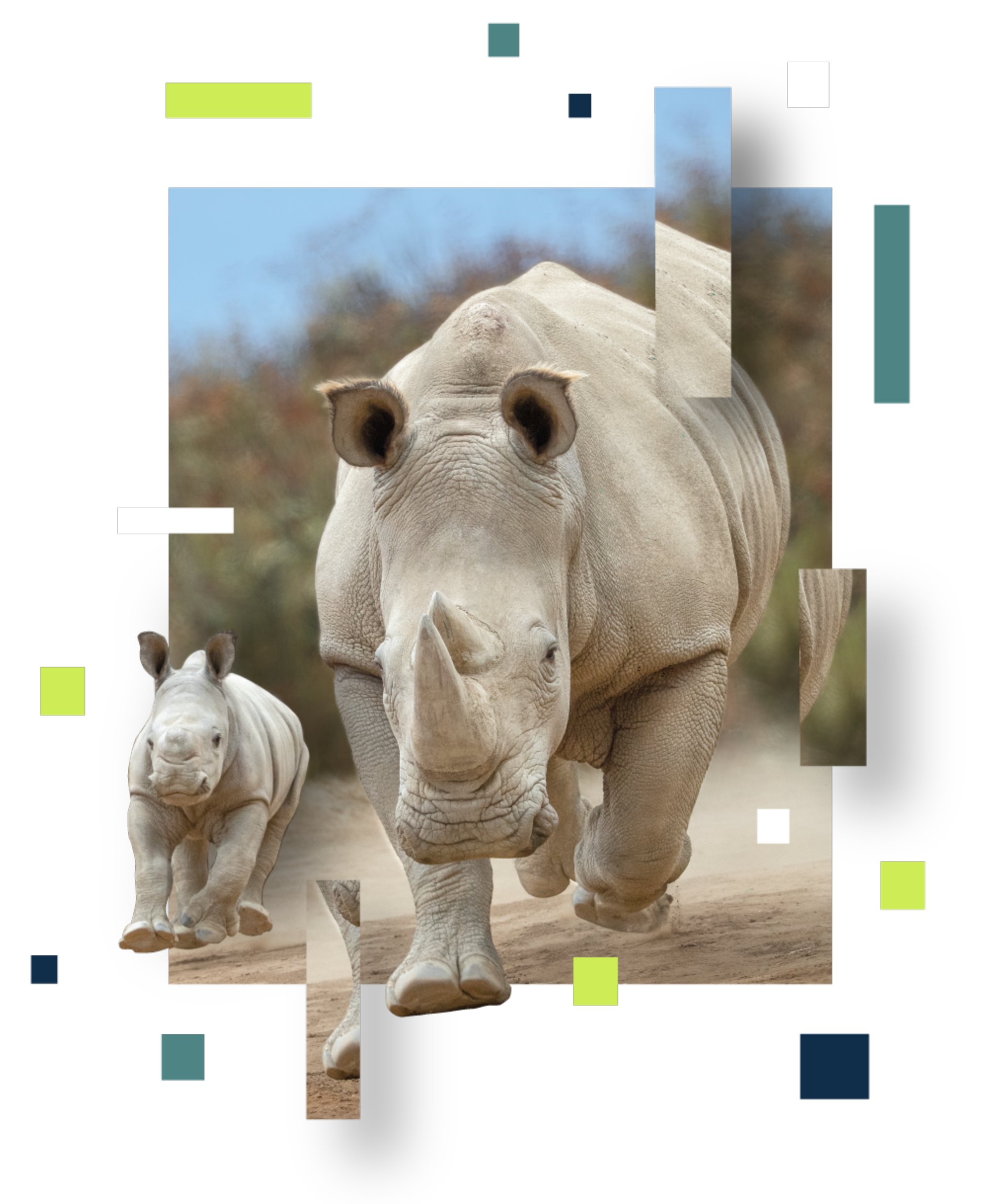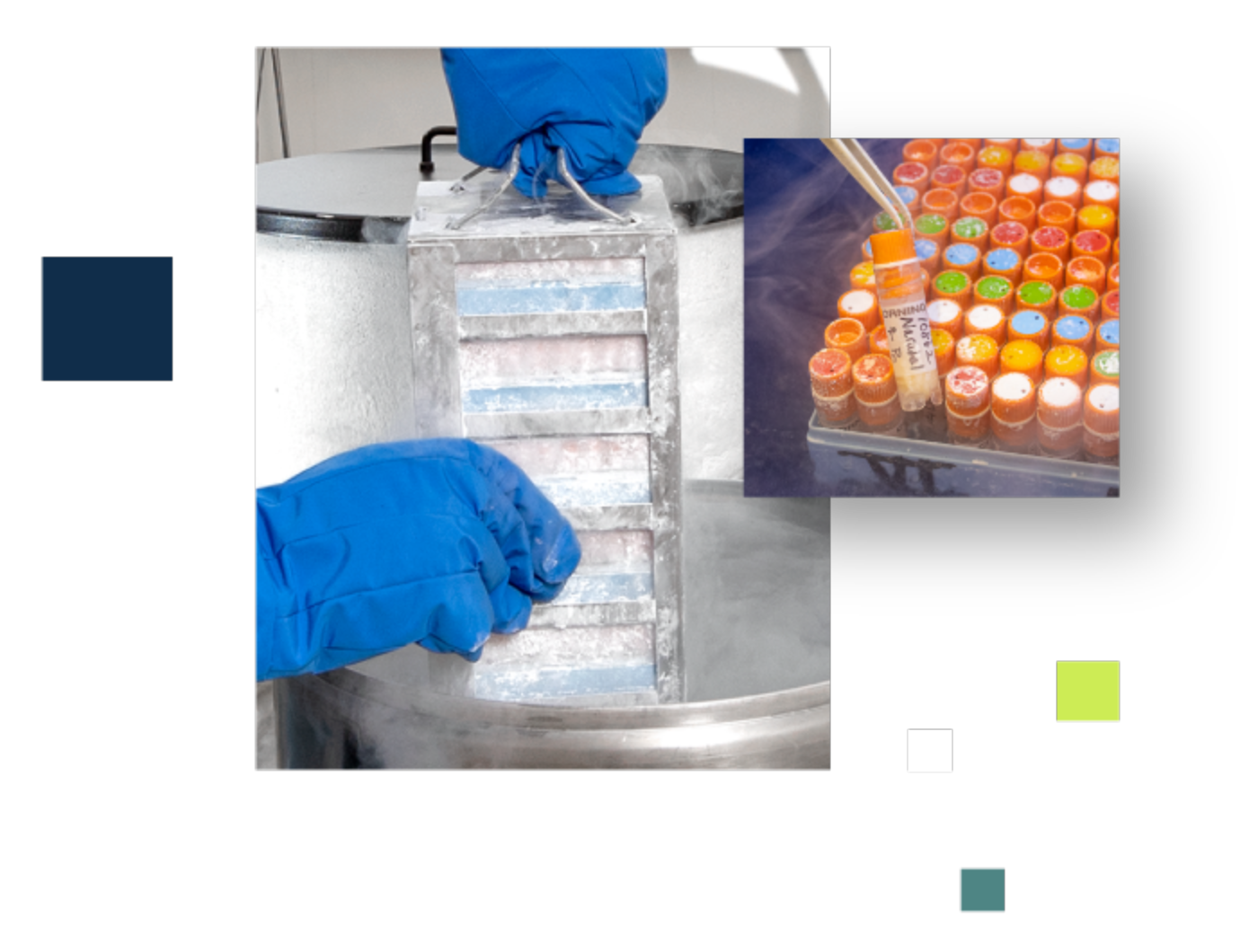Access to cryobanked cells and other banked biomaterials has been crucial to studies of ecology, evolution, genomics, and the health of wildlife, fostering an unprecedented understanding of life on earth. Banked materials also serve as the foundation for a pivotal new set of conservation options-for example, assisted reproduction technologies including cloning, as well as the many more technological advances that can be anticipated-that afford us the opportunity to safeguard genetic capital, support population sustainability, and reduce extinction risk.
Biobanking is the conservation intervention that presents the lowest risk today for the highest potential impact in the future.



